Step into the disturbing and enthralling world of ‘Lord of the Flies,’ where power and savagery intertwine in a way that captivates readers and forces them to confront uncomfortable truths. In this thought-provoking novel by William Golding, a group of young boys become stranded on a deserted island, and what initially seems like an exciting adventure quickly spirals into a chilling portrayal of human nature.
As the boys struggle for survival, power dynamics emerge and dark instincts take hold, revealing the savage side of humanity. Golding masterfully explores the corrupting influence of power and the fragility of civilization, highlighting the thin veneer that separates order from chaos. Through vivid and unsettling imagery, Golding forces readers to grapple with disturbing themes such as violence, morality, and the inherent capacity for evil within us all.
‘Lord of the Flies’ is a timeless novel that continues to resonate with readers, serving as a haunting reminder of the consequences when civilization falls away. Enter this fascinating world filled with moral ambiguity and deep introspection, and discover why ‘Lord of the Flies’ remains a timeless literary classic that continues to provoke thought and discussion.
‘Lord of the Flies’ Author Biography: What Inspired the Work?
‘Lord of the Flies’ was heavily impacted by William Golding’s upbringing in a world transformed by the end of World War I and the emergence of totalitarian regimes. Golding was born in Cornwall, England, in 1911. His time as a naval officer during WWII gave him firsthand knowledge of the horrors of human struggle and the evil that may exist in people. These early events molded his perspective on life and the ideas he wrote about, most notably in “Lord of the Flies.”
Golding shows the boys’ deterioration into barbarism, which reflects his belief in the basic evil in people. He aimed to disprove the common belief in children’s innocence by stating that, unbridled by society’s rules, even the most innocent people could give in to their baser desires. Drawing on his knowledge of human nature, he crafts a story that will ring true for readers of all ages as he investigates morality, power dynamics, and the precarious state of society.
The literary canon, particularly ancient literature and philosophical concepts on the human condition, also had an impact on Golding. His fascination with mythology and metaphor shines through in the symbolic aspects of “Lord of the Flies,” a story he crafts that goes beyond its plot to probe more profound existential concerns. Golding used his own experiences to create a compelling story that delves into the intricacies of human nature and the inherent barbarism in every individual. The story is both entertaining and thought-provoking.

‘Lord of the Flies’: A Dark Theme Analysis of Power and Barbarism in Its Fascinating Universe
Immerse yourself in the unsettling and captivating world of ‘Lord of the Flies,’ where the intricate web of cruelty and power compels readers to face unsettling realities. William Golding’s thought-provoking story about a group of young boys who find themselves stranded on an isolated island. What begins as a joyful adventure soon turns into a terrifying look at human nature.
The lads’ fight for survival exposes the primal side of humanity as power struggles and terrible impulses take root. By focusing on the thin veneer separating order from chaos, Golding deftly examines the corrupting effect of power and the fragility of society.
Golding makes readers face uncomfortable topics like violence, ethics, and the evil potential in themselves via horrific imagery. For all these years after its first publication, “Lord of the Flies” has remained a chilling warning of what happens when society collapses.
Delve into this enchanting realm brimming with ethical quandaries and profound self-reflection, and uncover the reason why ‘Lord of the Flies’ is an enduring literary masterpiece that keeps sparking debate.
‘Lord of the Flies’ and Its Explored Ideas of Barbarism and Power
The themes of power and savagery are explored extensively in William Golding’s ‘Lord of the Flies,’ which shows how rapidly civilization may crumble when faced with basic human desires. At first bound together by the shared objective of staying alive, the lads quickly become fractured along lines of power and control. The power struggle takes center stage as their societal systems start to fall apart, revealing the shadow side of humanity. Even the most naive individuals may be corrupted by the temptation of power, as Golding shows, and this corruption can lead to a disturbing spiral into barbarism.
Jack, who is slowly liberated from the shackles of civilization, exemplifies the power motif. The enticing power of authority and the baser tendencies that lurk underneath social conventions are shown in his descent from choirboy to dictatorial ruler. The ease with which authority can be misused is demonstrated by Jack’s exploitation of fear and his appeal to the lads’ most primitive impulses. The protagonist in the book recruits followers by resorting to violence and intimidation, prompting serious reflection on leadership and the ethical trade-offs inherent in authority.
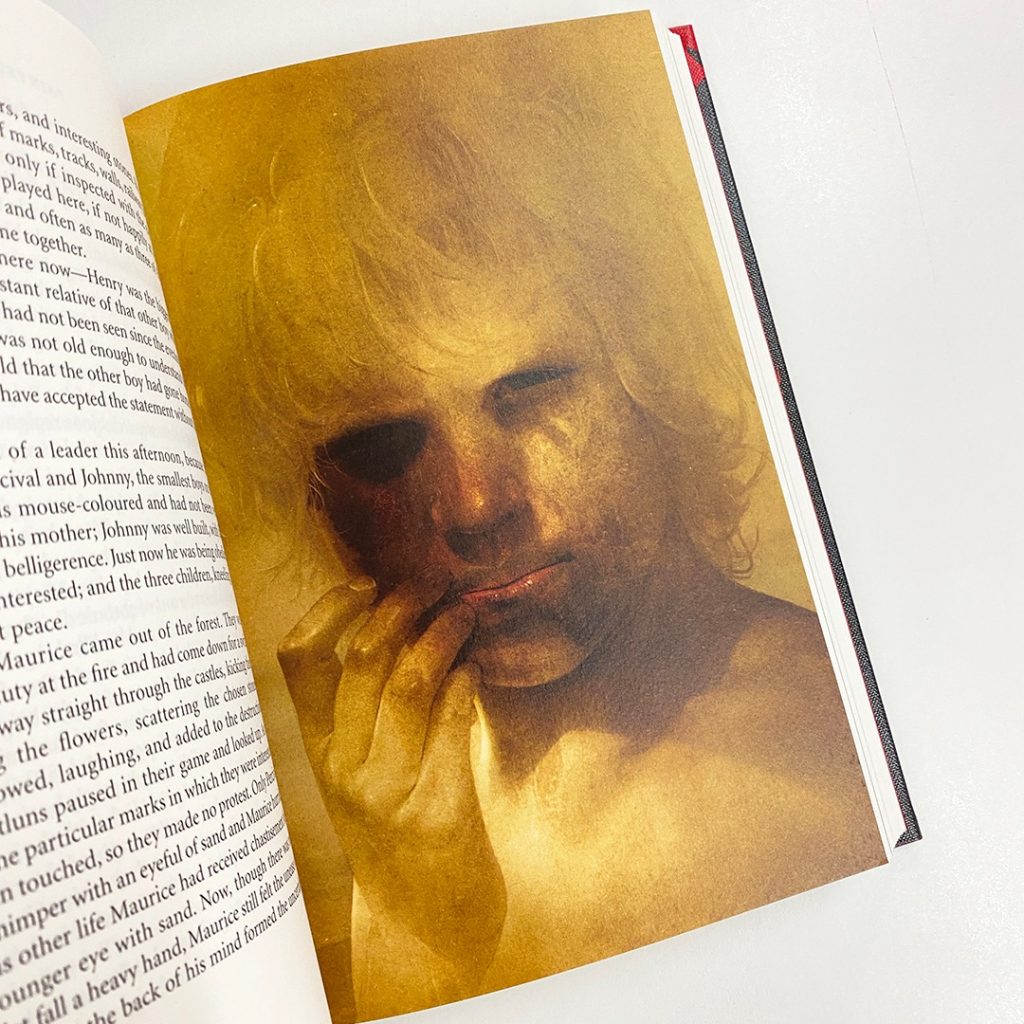
On the flip side, Ralph stands for the fight for civility and order in the face of anarchy. The frailty of social structures is shown by his efforts to set rules and keep a signal fire going. The fact that Ralph’s influence is dwindling in comparison to Jack’s is indicative of how power ambitions can triumph over altruism and community. Ralph and Jack’s quarrel exemplifies the larger struggle between civilized and barbaric ways of life; it also reflects Golding’s view that the surface layer of society may be quickly peeled away, exposing the innate primitiveness in every person.
Interpretation of ‘Lord of the Flies’ Individuals
‘Lord of the Flies’ characters represent many facets of society and human nature as arch types. Order, leadership, and the civilized impulses that propel people toward collaboration and morality are symbolized by Ralph, the protagonist.
At the beginning of the story, he stands for optimism and the need for rescue, but he is put to the test of his principles by the growing number of obstacles he encounters. Ralph’s fight to keep his cool and act civilly in the face of the mayhem highlights the novel’s examination of the tension between rational thought and baser instincts.
Jack, on the other hand, represents the shadow aspect of human character. His deterioration into cruelty and brutality exemplifies the corrupting influence of power. The way power can corrupt people and cause them to lose their principles is illustrated by Jack’s descent from a disciplined leader into a brutal dictator. This idea is further emphasized by Roger’s character, who personifies brutality and sadism and takes increasing pleasure in violence. Jack and Roger show how easy it is for people to give in to their worst impulses and how dangerous unbridled power can be.
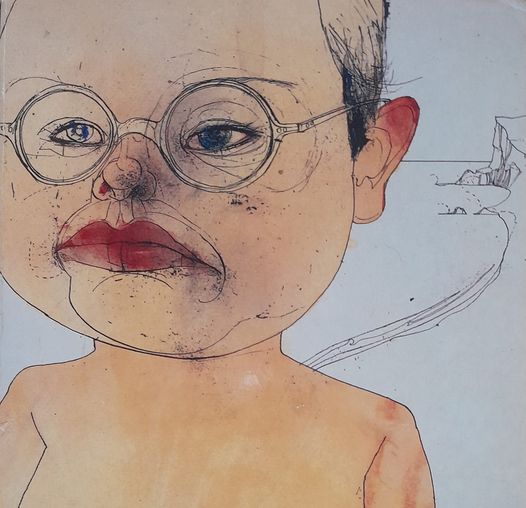
Despite his marginalization, Piggy stands for logic and intelligence. As the plot develops, it becomes clear that logic is frequently overthrown by barbarism, but his spectacles represent understanding and insight. The awful end that befell Piggy is a sobering reminder of how defenseless reason is when confronted with enormous primordial forces. As Golding expertly weaves a story that compels readers to face the intricacies of human nature and the ongoing conflict between civilization and barbarism, the arcs of each character add to the novel’s broader themes.
‘Lord of the Flies’ and Its Symbols
‘Lord of the Flies’ is rife with symbolism that Golding uses to amplify her themes of power, brutality, and humanity. The conch shell is one of the most recognizable symbols; it once stood for democracy, authority, and order. Its potential to call upon the lads and promote peaceful discourse is encouraging news for the preservation of social order. The conch’s power, however, wanes as disorder spreads and Jack’s influence increases; this decline in strength represents the collapse of civilisation and the rise of barbarism. The final cracking of the conch reflects the total disintegration of order, underscoring the precariousness of social constructions.
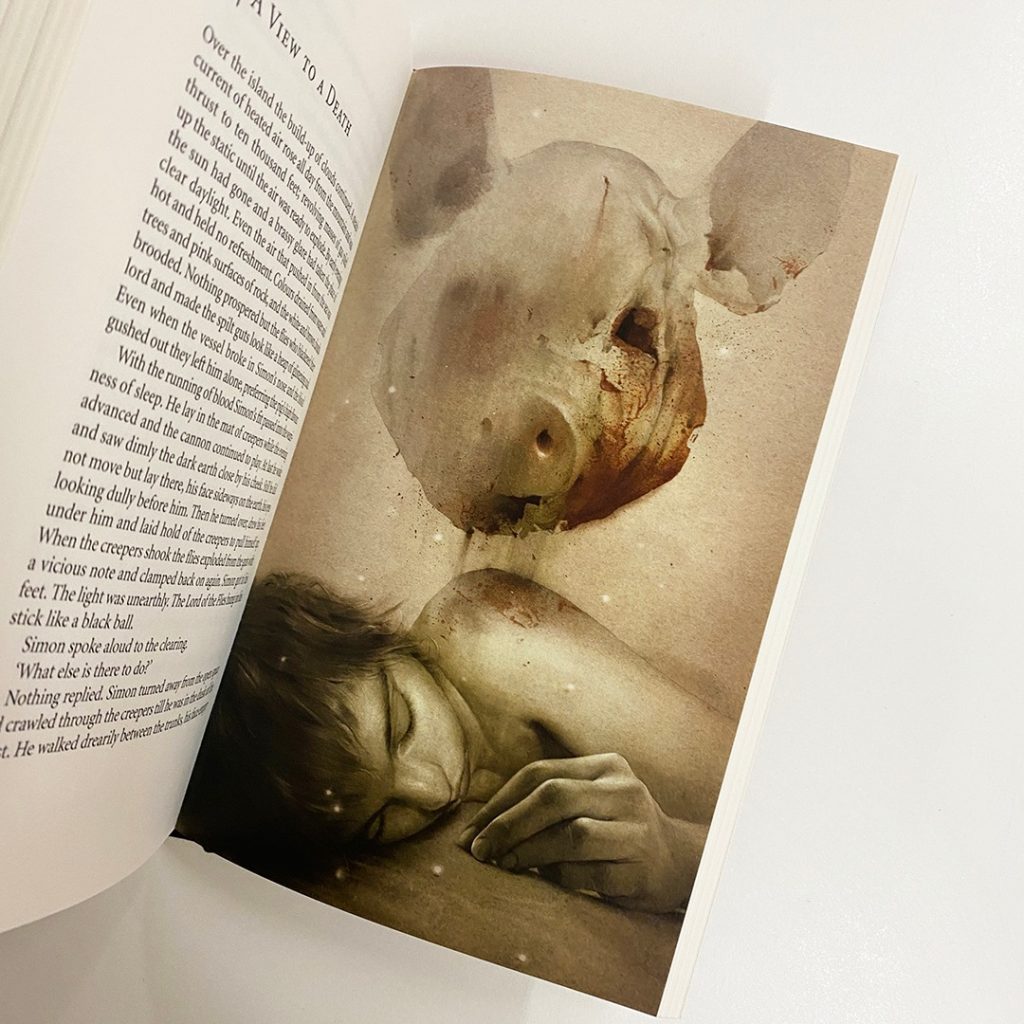
Another important symbol is the beast, which stands for the boys’ baser desires and the evil that is inherent to them. After appearing as a physical danger at first, the beast eventually becomes a symbol of their deepest anxieties and inner demons. The group descends into anarchy and bloodshed as the lads give in to their baser inclinations and the beast grows stronger. Readers are forced to face the unsettling reality of human nature as Golding astutely shows that the real monster does not reside outside the lads but rather within them.
Also, Simon represents inherent virtue and morals in the character. Deep insights into evil’s essence are revealed by his interactions with the Lord of the Flies, symbolized by the severed pig’s head. The novel’s pessimistic outlook on humanity is emphasized by Simon’s ultimate downfall, which represents the victory of barbarism over ethics. Golding invites readers to delve into profound philosophical inquiries regarding power, brutality, and the essence of mankind through these symbols, creating a story that goes beyond its premise.
‘Lord of the Flies’ and the Setting’s Impact
‘Lord of the Flies’s’ environment is vital to the story’s development and the ideas it explores. Despite its idyllic appearance at first, the isolated island soon becomes a symbol of the lads’ inner turmoil. The boys are free to experiment with their baser desires in the lack of social constraints caused by the island’s separation from the modern world. The conflict between the pristine beauty of nature and the inherent cruelty of humans is emphasized by Golding’s detailed depictions of the verdant scenery in contrast with the lads’ spiral into barbarism.
As they journey throughout the island, the lads come upon settings that mirror their inner lives. The lads’ anxieties and the unknown are symbolized by the forest, with its thick foliage and hidden shadows. The mythical beast’s home on the mountain symbolizes not only their inner turmoil but also the fight between civilized and barbaric ways of life. Both the lads’ behaviors and the themes of power and anarchy are heightened by the backdrop, which shows how the environment can greatly impact human behavior.

In addition, the moral deterioration of the boys is reflected in the island’s shift from a paradisiacal to a nightmare setting. As they regress into savagery, the peaceful environment becomes a stage for terror and bloodshed. At first, fire represents a glimmer of hope for rescue; later, it represents total loss of control as a destructive force. The setting is a key element in Golding’s superb depiction of the idea that the baser instincts of human nature can surface when social norms are dismantled, which highlights the novel’s examination of the fragile boundary between order and anarchy.
‘Lord of the Flies’ Plot Influence
The plot of ‘Lord of the Flies’ is meticulously constructed to show how the youngsters’ civilized ways devolve into barbarism. The initial sense of unity and optimism for rescue after their accident on the island laid the groundwork for the developing drama. The plot quickly delves into a gripping examination of power dynamics and moral problems as the guys strive to establish order and standards. The story’s captivating and unsettling elements—the slow transition from cooperation to conflict—are meant to highlight Golding’s primary themes.
The story’s tipping points mark the beginning and end of the boys’ spiral into anarchy. They begin their endeavor to establish a society with the first assembly, when Ralph is chosen leader. But the plot progresses due to a schism that is created by the advent of Jack and his increasing thirst for power. As their animosity grows, Ralph and Jack eventually resort to physical force in their battle for supremacy. The story is driven by this conflict, which reflects the eternal fight between order and chaos and also acts as a microcosm of the greater human experience.
The story reaches its conclusion when Simon and Piggy meet their tragic ends, signifying the total collapse of society and the victory of barbarism. These disturbing occurrences make readers face the ugly truth about human nature and the results of unbridled authority. Their last ditch effort to save civilization is a failure since the rescuers get there too late to stop the disaster. By skillfully weaving the plot, Golding creates a chilling story that stays with readers, making them confront the ugly realities of being human and the fragility of our modern civilization
‘Lord of the Flies’: A Critical Analysis
‘Lord of the Flies’ has provoked heated debate and analysis since its 1954 publication, with audiences and experts frequently finding themselves at odds. Critics first panned the book because it posed a challenge to modern ideas of innocence and youth through its brutal depiction of human nature. From sociopolitical critiques of power structures to psychological evaluations of the characters, critics have explored many interpretations.
Many people still think about Golding’s novel when they talk about morality, human nature, and the fall of society because of how he examines the fine border between civilized and barbaric behavior.
The existentialist reading, which highlights the inherent disorder and absurdity of human existence, is one prominent interpretation of the book. Skeptics contend that Golding portrays a nihilistic perspective on mankind, implying that people will inevitably give in to their baser desires in the absence of societal norms and regulations.
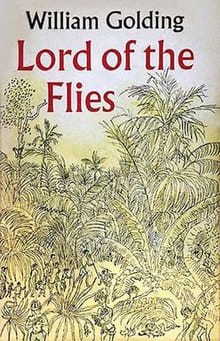
This reading is consistent with existentialist philosophy, which challenges readers to confront their own shadow sides by asking big questions about life itself.
The social critique that is subtly woven into the story is the subject of alternative readings. The risks of authoritarianism, exemplified by Jack, have been highlighted by critics who have studied the book’s critique of leadership and power. Given the persistence of power battles and moral difficulties in modern society, this viewpoint highlights the novel’s relevance.
‘Lord of the Flies’ remains a major literary work because it encourages readers to think critically about the intricacies of human nature and how social constructions impact our actions, and it does so by addressing these various interpretations.
The Persistence of ‘Lord of the Flies’ and Its Importance
‘Lord of the Flies’ continues to remain relevant long after it was first published because the themes still speak to modern society. Because struggles for dominance and power continue to define human relationships in the modern world, investigations into power dynamics, moral ambiguity, and the precarious state of civilization are as relevant as ever. The story warns readers not to lose sight of moral principles and the fine line that divides order and chaos through its depiction of the fall into barbarism.
‘ Lord of the Flies’ is frequently included in school curricula because teachers know it may make students think deeply about morality and human nature. Complex concepts that are applicable in many situations are explored in the book, which encourages students to think critically about leadership, social dynamics, and the effects of unbridled power. Its continued relevance in literary discussions is assured by its capacity to tackle modern-day topics like bullying, social stratification, and the aftereffects of violence.
The multi-layered characters and abundant symbolism in “Lord of the Flies” are likely the main reasons for the play’s continued success. As cultural norms change, readers will discover fresh significance in the text, which delves into the complex interplay between civilized and barbaric practices. The work’s enduring popularity is a testament to Golding’s storytelling prowess and deep understanding of human nature; it has sparked conversations on moral complexity and the shadow side of human nature, and it has captivated readers for generations
‘Lord of the Flies’ and Its Enduring Importance(Conclusion)
A literary masterpiece that has stood the test of time, “Lord of the Flies” keeps people talking about the intricacies of human nature. Golding’s examination of cruelty, power, and the precarious state of society strikes a chord with readers, compelling them to face the unsettling realities of morality and the shadow side of human nature. Literary devices such as abundant symbolism, vivid characters, and an enthralling plot allow the work to defy categorization and encourage critical examination.
As we continue to face the persistent challenges of power dynamics, violence, and moral dilemmas, ‘Lord of the Flies’ continues to be a pertinent narrative that warns of the potential for human cruelty. The book’s continued relevance in classrooms and literary communities guarantees that Golding’s ideas will be thought-provoking and thought-provoking for years to come. This book belongs in the canon of great literature because of the strong feelings it can stir up in readers and the questions it makes them contemplate.
‘Lord of the Flies’ will be remembered for its ability to shed light on the intricacies of being human. Golding encourages readers to consider their own moral decisions and the social constructions that influence behavior by addressing the shadowy sides of human nature. ‘Lord of the Flies’ teaches us valuable lessons about the fine line between civilized and barbaric behavior, and it encourages us to be more tolerant and compassionate despite our baser tendencies as we face the challenges of an ever-changing world.
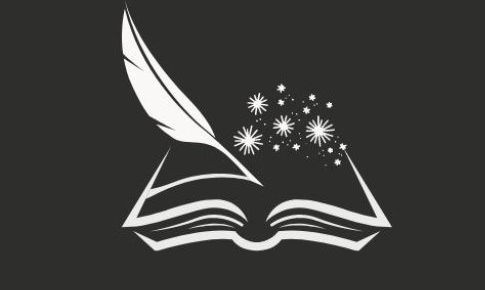
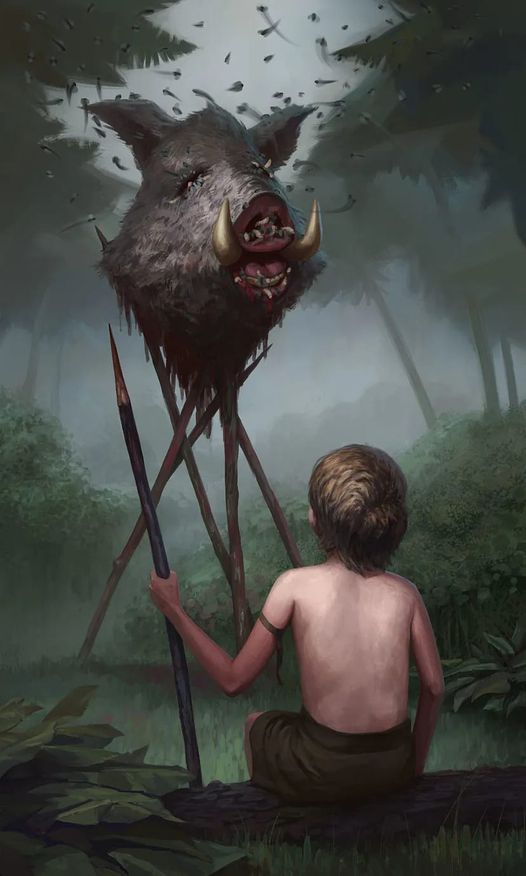

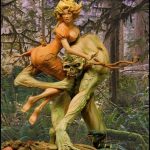
Thanks for sharing. I read many of your blog posts, cool, your blog is very good.
Bravo, what necessary words…, a brilliant idea
Thank You. your opinion is appreciated
Thank you